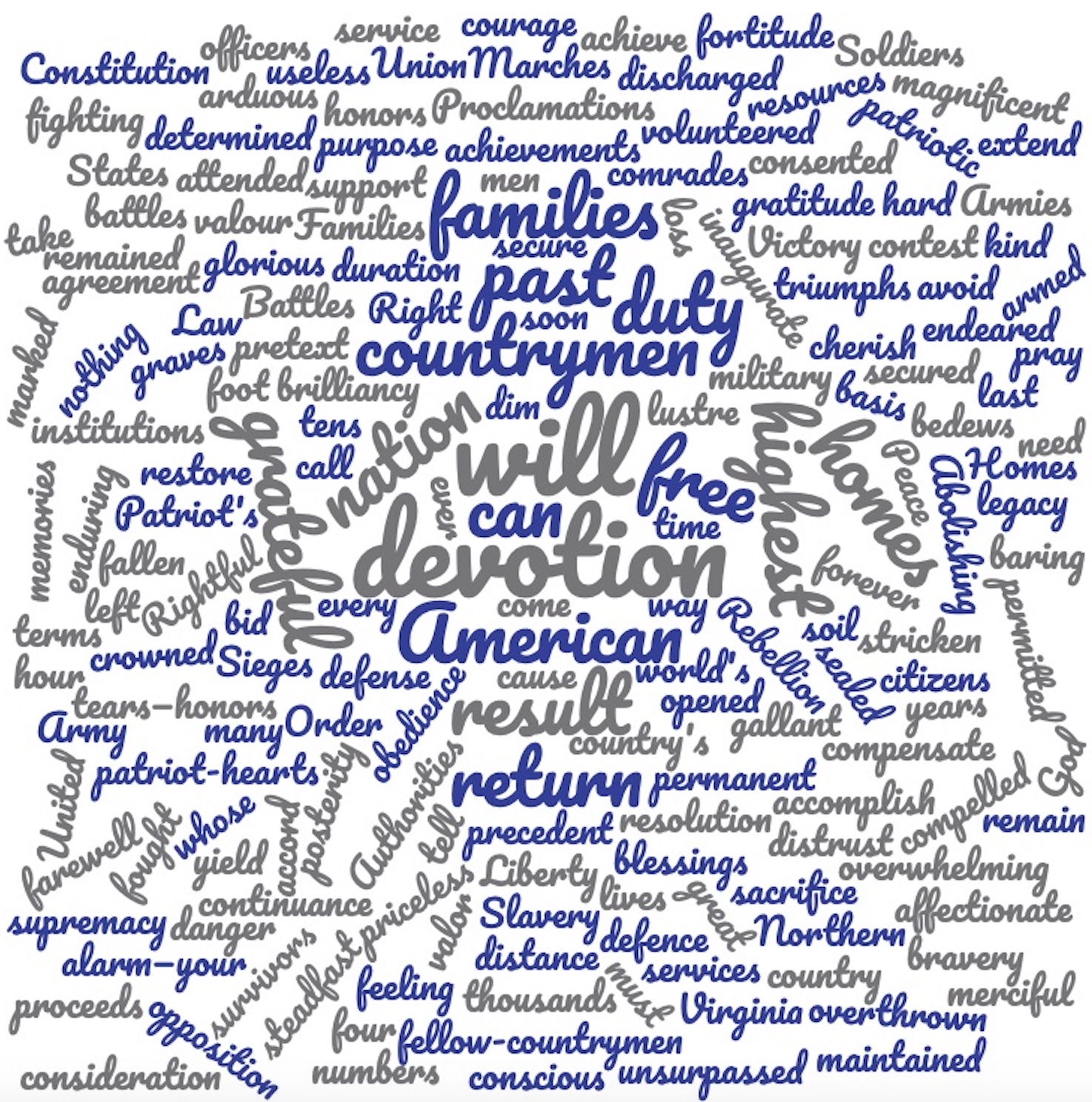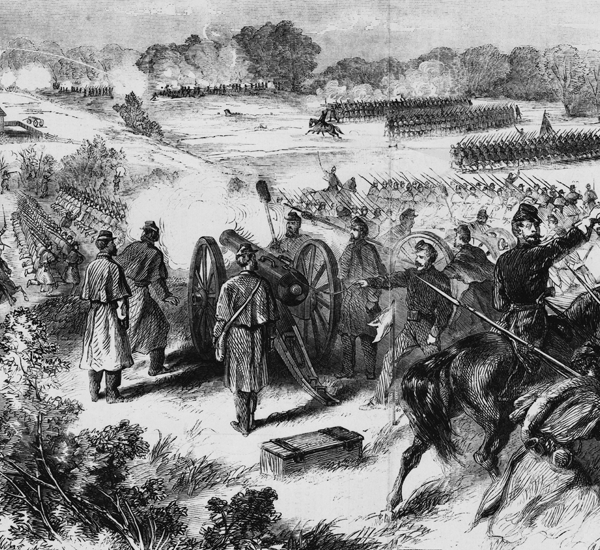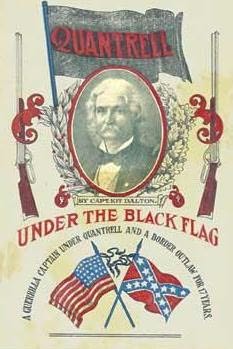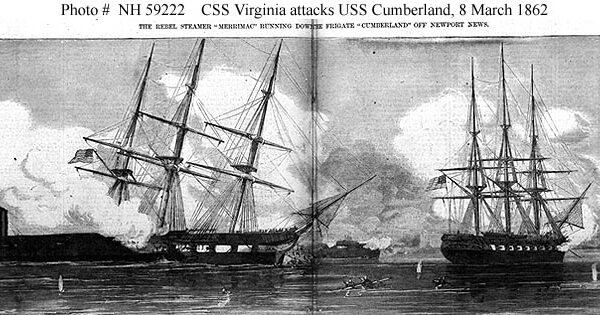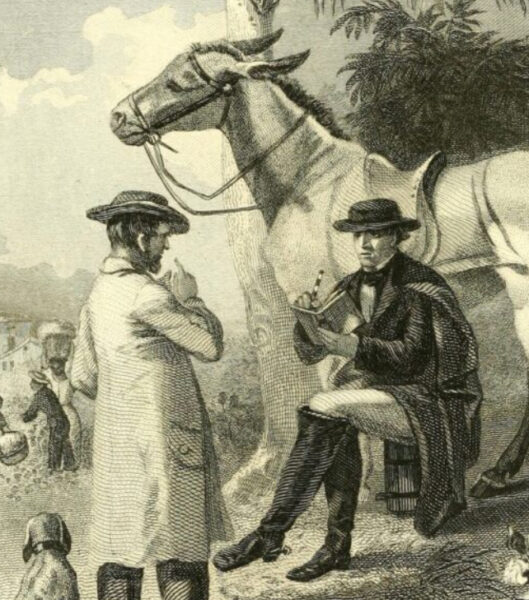On the night of April 9, 1865, only hours after surrendering to Ulysses S. Grant at Appomattox Court House, Robert E. Lee sat around a fire with a group of his officers outside his tent. One of the men with Lee that evening was his military secretary, Colonel Charles Marshall, who later recalled the scene. “[A]fter some conversation about the army, and the events of the day, in which his feelings toward his men were strongly expressed, he told me to prepare an order to the troops,” Marshall wrote. Marshall completed a draft the following day and submitted it to Lee, who removed one paragraph and “made one or two verbal changes.” Copies of the final version, issued as General Order No. 9, were soon circulated to the army’s corps commanders and staff. Ulysses S. Grant didn’t pen his official farewell to Union soldiers until seven weeks after he accepted Lee’s surrender, a period marked by the shock and anger surrounding Abraham Lincoln’s assassination and the joy of myriad homecomings across the country. On May 23–24, Grant attended the Grand Review of the Armies in Washington, D.C., during which thousands of triumphant Union soldiers paraded to great fanfare through the streets of the capital. About a week later, Grant issued General Orders No. 108, in which he bid goodbye to the troops. Below are the words Lee and Grant used in their statements, in which they extolled the soldiers who had followed them into the battle after battle. The more frequently they used a word, the larger it appears.
